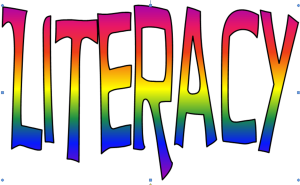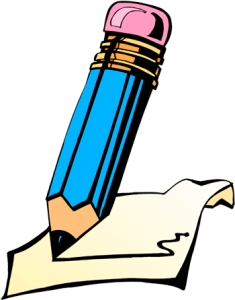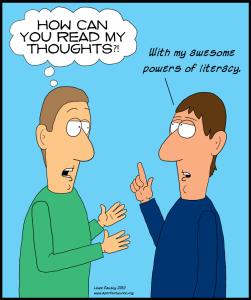
The Hidden Curriculum
As I read Scribner (1984), I am reminded of Ivan Illich and Paulo Freire’s discourse around the intimate connection between literacy, education and economics. I am going to take a little “butterfly moment” here…Think about it, from the time we start school (for some even before) our path to success is predetermined by society. If we to be happy in life, so we are told, we have to go to school; so we can learn; so that we can get good grades; so we can go to college; so we can get a good job… I think you get where I am going. It all ends with living happily ever after, if we follow each step. But what happens to the kindergartener, 4th grader, college student, or job applicant when they cannot meet the “standard” in one of those steps?
In order to create discourse around these ideas, let’s consider Peter, a promising young student in the small rural community of Colcord, Oklahoma—population 342. One of twelve in his high school’s graduating class, Peter did very well in school and really wants to go to college. After all, if he wants to “make something of himself” he must go to college, so he can get a good job, so he can make a lot of money. Since he was a little boy his teachers, parents, neighbors, and almost everyone else gloated, “You are so smart! You are going to be something great!” Then it would soon follow “Make sure you do good in school, so you can go to college.” So, college was always part of the grand plan. But, what about his mom? Since his father left, she hasn’t been well, and she definitely will loose the house if Peter goes off to college. His part-time job doesn’t pay much, but it has been the only thing that has kept them above water. Peter decides to stay in Colcord and take care of his mother. He would go to a community college, but the nearest one is 75 miles away. Peter gets a job as a ranch-hand on a very large chicken farm. He works at a farm that is responsible for employing the residents in 7 other surrounding communities with similar demographics as Colcord. Soon, Peter becomes manager of the farm and saves it from closing down, not once but twice. He retires after 50+ years of hard work. Peter served a vital role in the survival of Colcord and the surrounding communities. Without Peter, who knows what would have happened? But Peter never looked at himself as being useful or vital to anything or anyone. In Peter’s mind, he never reached his full potential and he let everyone down. He missed out on the chance to “make something of himself.” He failed to meet the standard that had been set for him from as far back as he could remember.
Peter’s story while completely fictional is the reality for some students. Well, not everyone in a rural community gets the privilege of saving a chicken farm. But not every student gets the chance to go to college. Yet, a obtaining a college education is touted the ultimate means to happiness. It is “WHAT YOU ARE SUPPOSED TO DO!” I am not saying that we need to stop telling students to go to college. What I am trying to say is maybe we should think about the message we are sending if we push higher education, explicitly or implicitly, as the “only” means to success. Nel Nodding’s Schooling for Education (2007) caution educators about the message this push sends students. If higher education is held to such esteem, and one cannot attain higher education, a looming deficiency can become part of a their identity.
Who gets to say that the Dr. CEO of Master of the Universe, Inc. is any smarter, greater or any more successful than Peter? Just because he moved away to college and earned his MBA does not increase his value as a person. Dr. CEO would get a run for his money at the chicken farm, just as Peter would be lost in a board meeting. The message “Go to college” is sent with good intentions; it is meant to inform students that they can all “make something of themselves” if they work hard. But it is a nasty, anti-democratic message. It undervalues large numbers of our students who do work on which we all depend.
There is a hidden curriculum in every lesson we teach, it cannot be helped. The anti-lesson if you will. However, effective educators remain aware of things hidden and create open discourse around these topics.







 Website:
Website: